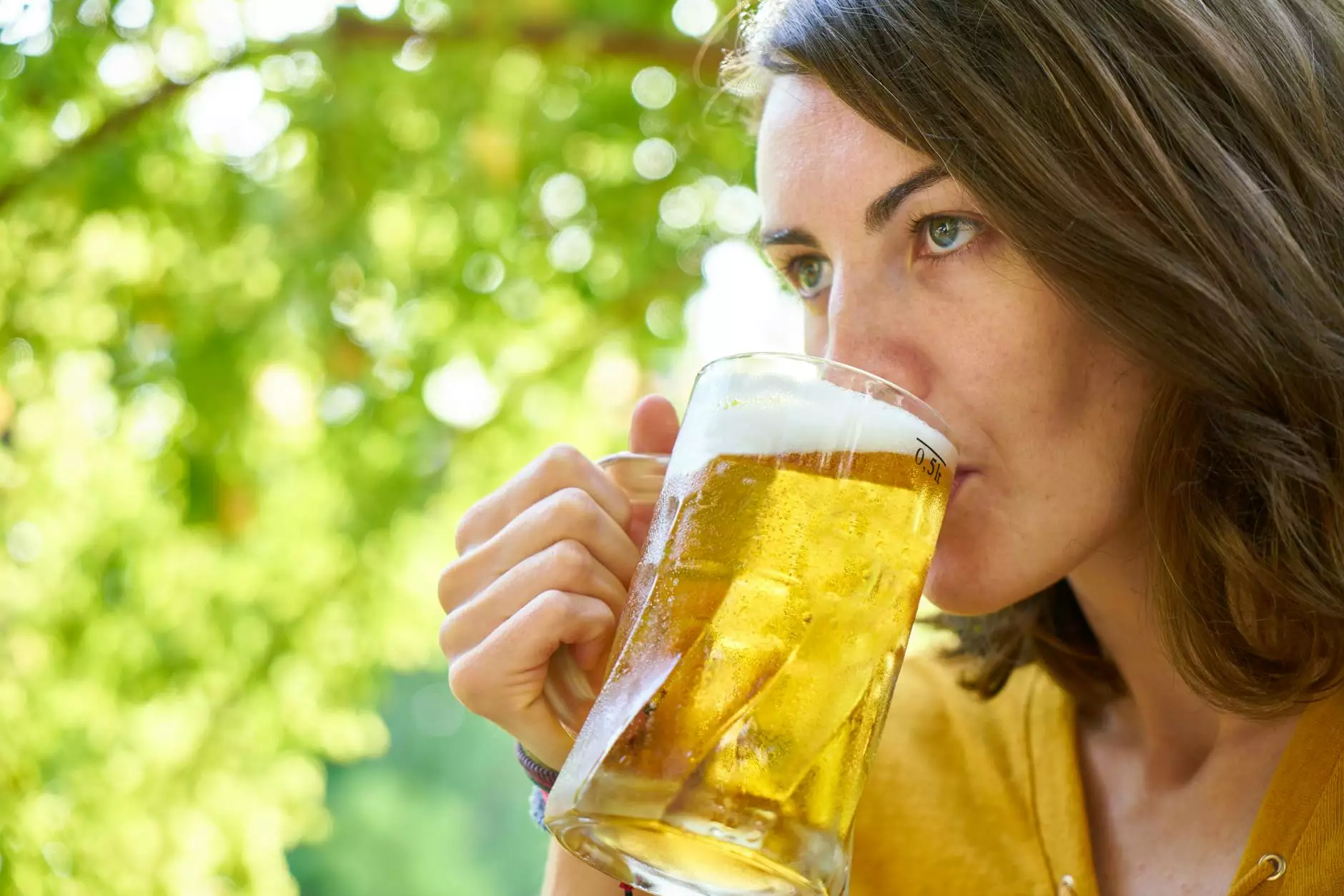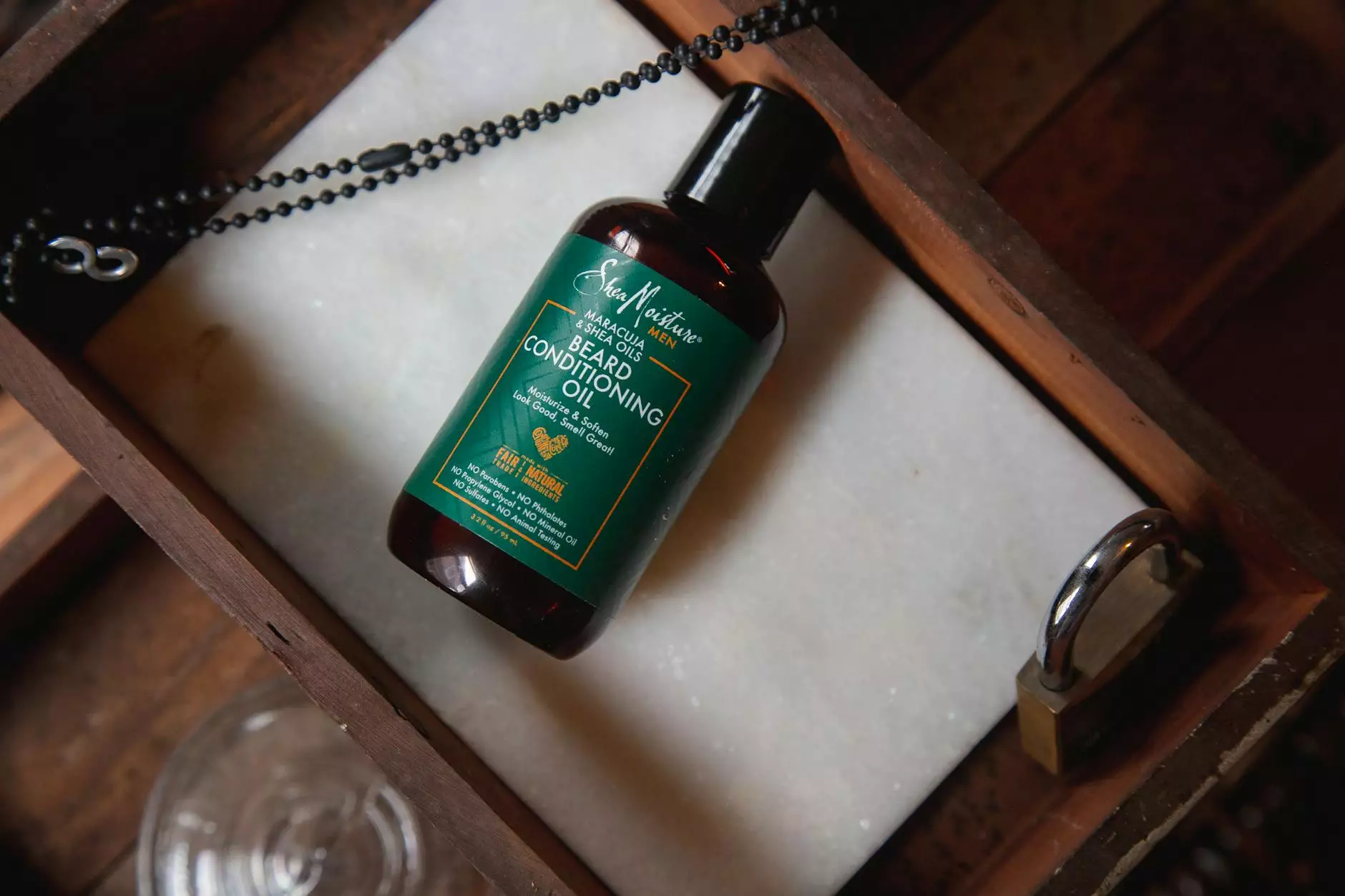Alcohol Consumption and Hair Loss

The Link Between Alcohol Consumption and Hair Loss
As a leading healthcare professional in the field of hair loss, Smith, Arthur F, MD is committed to providing comprehensive information and insights about the various factors that can contribute to hair loss. In this article, we will explore the relationship between alcohol consumption and hair loss.
Understanding the Effects of Excessive Alcohol Intake
Excessive alcohol consumption has been known to have numerous detrimental effects on the human body. One of the lesser-known consequences is its impact on hair health. Studies have revealed that heavy and chronic drinking can contribute to the onset of hair loss.
Alcohol's Effect on Nutrient Absorption
Alcohol interferes with the body's ability to absorb essential nutrients, such as vitamins and minerals, which are crucial for maintaining healthy hair. It can lead to deficiencies that weaken hair follicles, making them more susceptible to shedding.
Alcohol and Hormonal Imbalance
Another factor linking alcohol consumption to hair loss is its influence on hormonal balance. Alcohol can disrupt normal hormone production and regulation, potentially leading to conditions like testosterone and estrogen imbalances. Hormonal imbalances have been associated with hair loss in both men and women.
Inflammation and Hair Follicle Damage
Excessive alcohol intake can cause inflammation throughout the body, including the scalp. This inflammation can damage hair follicles and impede their ability to produce and support healthy hair growth. Over time, this can contribute to thinning hair and eventual hair loss.
Preventing Alcohol-Induced Hair Loss
While moderate alcohol consumption is not typically associated with severe hair problems, excessive and prolonged drinking can undoubtedly increase the risk of hair loss. If you are concerned about alcohol-induced hair loss, here are some preventive measures you can consider:
1. Limit Your Alcohol Intake
Reducing or cutting back on your alcohol consumption can lessen the risk of hair loss. Moderation is key, and it is important to establish a healthy balance in your lifestyle choices.
2. Ensure a Nutrient-Rich Diet
Eating a well-balanced diet can help counteract the nutrient deficiencies caused by alcohol consumption. Focus on foods rich in vitamins and minerals that promote hair health, such as leafy greens, lean proteins, and nuts.
3. Stay Hydrated
Alcohol dehydrates the body, including the scalp. Maintaining proper hydration can help support overall hair health. Be sure to drink an adequate amount of water and avoid excessive alcohol-induced dehydration.
4. Seek Professional Guidance
If you are experiencing noticeable hair loss or have concerns about the impact of your alcohol consumption on your hair health, it is crucial to consult with a qualified healthcare professional. They can provide personalized guidance and recommend suitable treatments.
Conclusion
In conclusion, excessive alcohol consumption can indeed contribute to hair loss through various mechanisms, including nutrient malabsorption, hormonal imbalances, and inflammation. By understanding these connections and taking preventive measures, you can minimize the risk of alcohol-induced hair loss and maintain optimal hair health.
This article is provided by Smith, Arthur F, MD in the category of Health. We are dedicated to informing and empowering individuals with expert insights into hair loss prevention and treatment.




